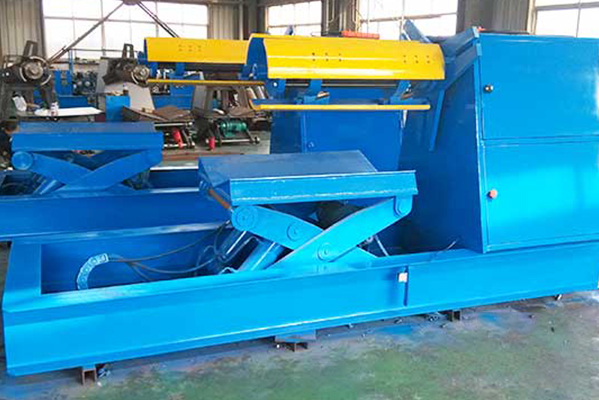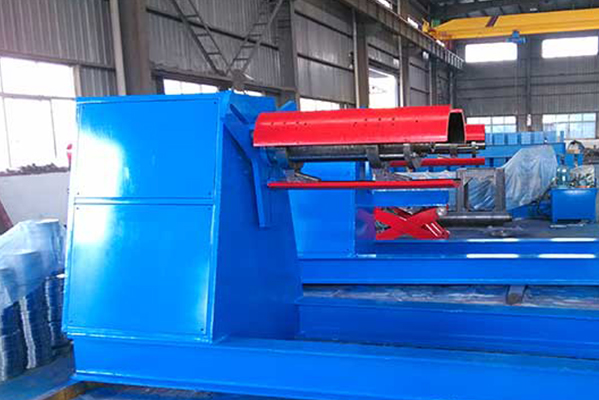Navigation Menu
Contact Us
- Email:
- info@wxavatar.com
- Address:
- Yurong Village, Yuqi Street, Huishan District, Wuxi, China.
Release Date:Oct 25, 2024 Visit:77 Source:ZCM
The manufacturing industry has witnessed significant strides in technology advancements, particularly in the realm of roll forming machine technology. Roll forming is a crucial process in the fabrication of various products, ranging from automotive parts to architectural components. As manufacturing demands evolve, so do the technologies driving roll forming machines, leading to enhanced efficiency, precision, and versatility.

One of the most notable advancements in roll forming machine technology is the integration of advanced automation systems. These systems enable machines to operate with minimal human intervention, thereby increasing productivity and reducing the risk of human error. Automated roll forming machines can seamlessly transition between different production runs, adjusting parameters such as roll speed, feed rate, and material thickness with remarkable accuracy. This level of automation not only enhances the consistency of the final product but also allows manufacturers to quickly adapt to changing market demands.
Another significant technological advancement is the use of precision sensors and control systems. These systems provide real-time monitoring and feedback during the roll forming process, ensuring that each step meets the required specifications. By continuously adjusting the rolls and other machine components, manufacturers can achieve unparalleled precision in the final product. This is particularly important in industries where tight tolerances and high-quality standards are paramount, such as aerospace and automotive manufacturing.
The advent of computer-aided design (CAD) and computer-aided manufacturing (CAM) software has also revolutionized roll forming machine technology. These software tools enable manufacturers to design and simulate the roll forming process before it begins, identifying potential issues and optimizing the production process. By leveraging CAD/CAM software, manufacturers can reduce waste, minimize setup time, and ensure that the final product meets all design specifications.
Material handling advancements have also played a crucial role in the evolution of roll forming machine technology. Modern machines are equipped with sophisticated material feeding and handling systems that can accommodate a wide range of materials, including those with varying thicknesses and textures. These systems ensure that the material is fed into the rolls at the correct speed and angle, further enhancing the precision and quality of the final product.
In addition to these advancements, roll forming machine manufacturers are increasingly focusing on modular and customizable designs. This approach allows manufacturers to tailor the machine to their specific needs, whether it's adjusting the number of rolls, the type of tooling, or the overall configuration of the machine. Modular designs also make it easier to upgrade or replace components as needed, extending the lifespan of the machine and reducing long-term maintenance costs.
The integration of data analytics and machine learning algorithms is another exciting development in roll forming machine technology. By collecting and analyzing data from the machine, manufacturers can gain insights into the performance of the roll forming process and identify areas for improvement. Machine learning algorithms can analyze this data to predict potential issues and optimize the production process in real-time, further enhancing efficiency and precision.
As the manufacturing industry continues to evolve, so will the technologies driving roll forming machines. Manufacturers are increasingly recognizing the importance of innovation and collaboration, working closely with customers, suppliers, and research institutions to develop cutting-edge solutions that meet the ever-changing demands of the market. By embracing these advancements, manufacturers can stay ahead of the competition and capitalize on the growing opportunities in the manufacturing sector.

In conclusion, roll forming machine technology advancements have significantly impacted the manufacturing industry, leading to enhanced efficiency, precision, and versatility. From automation and precision sensors to CAD/CAM software and modular designs, these advancements have transformed the roll forming process, enabling manufacturers to produce high-quality products that meet the rigorous standards of today's market.